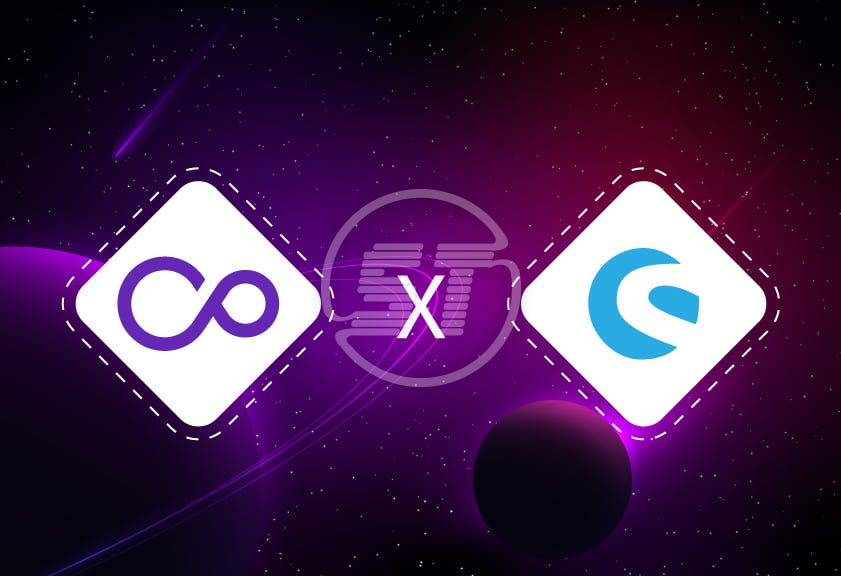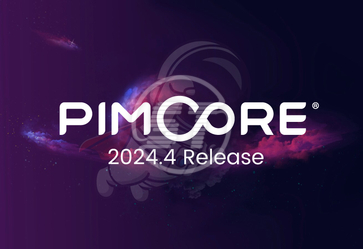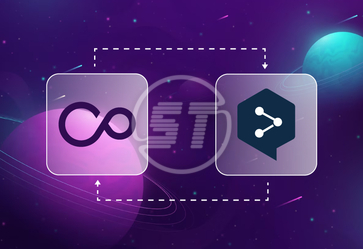Modern businesses need flexible and robust platforms to manage both their ecommerce operations and growing data volume. Two leading platforms, Pimcore and Shopware, have emerged as crucial players in these domains. While Pimcore specializes in product information management (PIM), digital asset management (DAM), and master data management (MDM), Shopware is an open-source ecommerce platform designed for high-performance online stores.
The integration of these two platforms will create a powerful synergy that will optimize and streamline digital commerce and data integration. Pimcore and Shopware integration will impact market challenges across the globe.
This article explores how the integration of Pimcore and Shopware enhances operational efficiency, improves data management, and drives superior customer experiences.
Highlights of this highly effective Pimcore Shopware integration
Centralized data management
Pimcore is known for its centralized approach to managing product information, assets, and digital content. Through its PIM and MDM systems, Pimcore enables businesses to store, organize, and enrich product data from a single source of truth. When integrated with Shopware, this single data repository seamlessly feeds into the ecommerce platform, ensuring consistent and accurate product data across all digital touchpoints.
This centralization eliminates data silos, reduces the risk of inconsistent information, and helps businesses manage large catalogs more efficiently. By managing product information in one system (Pimcore) and automatically syncing it with Shopware, businesses can ensure that customers always see updated product descriptions, pricing, availability, and images, which directly enhances the shopping experience.
Enhanced product experience management
Product experience management (PXM) is critical in today’s competitive ecommerce environment. Customers expect rich, detailed, and personalized product information before making purchasing decisions. Pimcore’s robust capabilities in managing complex product data, including multiple variants, attributes, and detailed descriptions, allow for the creation of highly customizable and engaging product experiences.
When integrated with Shopware, businesses can deliver this enhanced product experience across all channels, including web stores, mobile apps, and marketplaces. Shopware’s customizable front end further enables the delivery of personalized shopping experiences that can be tailored to different customer segments, while Pimcore ensures that the underlying product information is accurate, relevant, and dynamic.
Seamless digital asset management (DAM)
In modern ecommerce, product information isn’t just about text; it involves a range of digital assets such as images, videos, and documents. Pimcore’s digital asset management (DAM) module allows businesses to manage these assets efficiently. When integrated with Shopware, digital assets stored in Pimcore can be directly linked to products in Shopware, ensuring that every product is accompanied by the appropriate visual content.
For example, high-quality images, 3D product models, or instructional videos can be automatically synced with the relevant products on Shopware. This seamless integration ensures that customers have a comprehensive view of the products, leading to better engagement and higher conversion rates.
Omnichannel capabilities
In a world where customers interact with brands across multiple channels, including online stores, social media, marketplaces, and brick-and-mortar stores, omnichannel strategies are essential for success. Pimcore’s omnichannel capabilities allow businesses to distribute product data and digital content across various channels from a single system.
Integrating Pimcore with Shopware strengthens omnichannel strategies by ensuring consistent data synchronization across all platforms. Whether a customer is hopping on the brand’s website (via Shopware) or on a third-party marketplace, they will encounter the same high-quality product information, pricing, and availability, all driven by the unified backend of Pimcore.
Streamlined workflows and automation
The integration of Pimcore and Shopware streamlines workflows by automating key processes such as product data updates, inventory management, and order fulfilment. This automation significantly reduces manual data entry, saving time and minimizing errors.
For example, when a new product is added or updated in Pimcore, it can automatically be published in Shopware with the correct product details and images. Inventory updates, pricing adjustments, and product promotions can also be synchronized between the two platforms, ensuring that ecommerce operations run smoothly without the need for manual intervention.
Scalability and flexibility
Both Pimcore and Shopware are open-source platforms, offering the flexibility to adapt and scale as business needs evolve. This integration is particularly beneficial for businesses with complex product catalogs, multiple sales channels, and/or global operations. The scalability of this integration allows businesses to handle increased product data volumes, higher traffic levels, and a growing number of digital assets without compromising performance.
Improved data quality and accuracy
Data accuracy is paramount in digital commerce, as errors in product information, pricing, or availability can lead to dissatisfied customers and lost sales. By integrating Pimcore’s robust data management capabilities with Shopware’s ecommerce engine, businesses can significantly improve data quality. Automated synchronization ensures that there are no discrepancies between the product information displayed online and the actual inventory or pricing.
This integration also supports the enrichment of product data, allowing businesses to add comprehensive details such as technical specifications, certifications, and user manuals that can further enhance the customer’s decision-making process.
Cost-effectiveness
The Pimcore - Shopware integration offers cost benefits. By using open-source platforms, businesses can avoid the high license fees associated with proprietary systems. Additionally, the efficiency gained from streamlined data management and automated workflows reduces the operational costs of running an ecommerce business. Companies can also scale their operations without needing to invest in entirely new systems, making this integration a sustainable long-term solution.
Implementing Pimcore – Shopware integration!
Any business that wishes to implement Pimcore – Shopware integration, ought to utilize iPaaS (Integration Platform as a Service). It is a cloud-based solution to connect different systems easily. iPaaS helps frictionless data synchronization between these two systems and it offers a user-friendly interface thereby an in-depth technical expertise is not required to use it.
To start with Pimcore – Shopware integration, businesses need to have an iPaaS license in order to get access to the integration platform. It is easy to set up and once the process is done, iPaaS enables businesses to integrate both systems through a no-code or low-code approach.
In a nutshell,
The integration of Pimcore and Shopware creates a unified digital commerce ecosystem that streamlines data management, enhances product experiences, and improves operational efficiency. By combining Pimcore’s robust capabilities in data and asset management with Shopware’s flexible and powerful ecommerce platform, businesses can deliver consistent, engaging, and personalized shopping experiences across all channels.
This synergy enables organizations to optimize their digital commerce strategies, drive customer satisfaction, and ultimately achieve sustained growth in an increasingly competitive online marketplace.
We are a Pimcore silver partner and our team of certified Pimcore developers provides comprehensive Pimcore development services, covering PIM, MDM, DAM, CMS, design, multi-channel ecommerce, integration, maintenance, and support for SMEs, large businesses, international organizations, and web development agencies. Reach out hello@skynettechnologies.com for more information.


